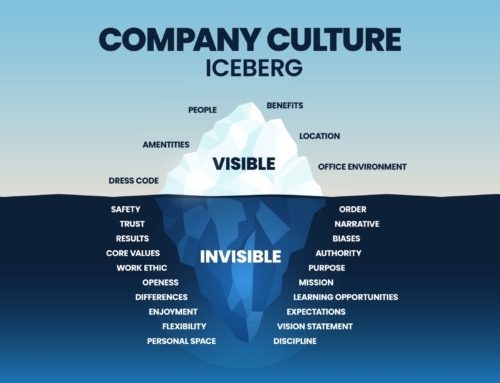Executives are continually looking for personal and career growth, looking for the next opportunity. However sometimes their vast experience, knowledge or past roles can actually get in the way of successfully transitioning to their next role. Here are some of the common mistakes executives can avoid to ensure they continue to grow and develop in their careers.
- Work your network, in senior roles your network is worth more than your resume, LinkedIn and cover letter put together. Your network can combat the biggest constraint – people don’t know how you’ll perform. Having a respected person speak positively on your behalf is worth its weight in gold.
- Understand that the more senior you are the more risk you are to a potential next step. It’s up to you to mitigate that risk for the future employer. The lowest risk candidate gets the role.
- Soft skills are wonderful enablers, but people are not employed on enablers. Focus on your actual technical skills as well as achievements.
- ‘Problem Solver’ maybe what your role was defined as by you, but it’s not a job you’ll find described. Focus on the outcomes and positives.
- If you can’t describe and define yourself, don’t expect others to take the time to do it for you. Providing a collection of activities and past roles to a potential future role is not going to help you. What do you stand for, what do you bring to a role, who are you? That’s what they want to know.
- Join the dots, your potential future success will be heavily judged on your past achievements and successes. Make sure you talk in terms of achievement, not activity.
- Align yourself with the role, it’s about the role, not about what you think your most important attributes are. Talk about the things that are important to the listener, not what you think is important to you.
- Research the company/organisation extensively, if you want to be one of their leaders, or the leader, they will expect you understand them, their industry and their economic contexts.
- Be the leader they want to employ, whenever you present to a future employer in any format, it needs to demonstrate the leader they want.














Dr Susan Roberts says: